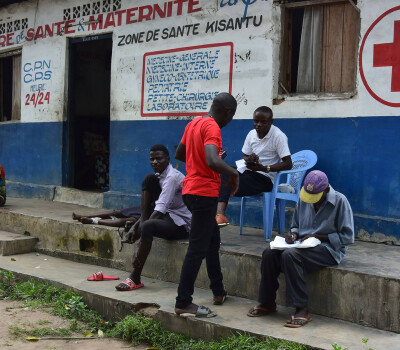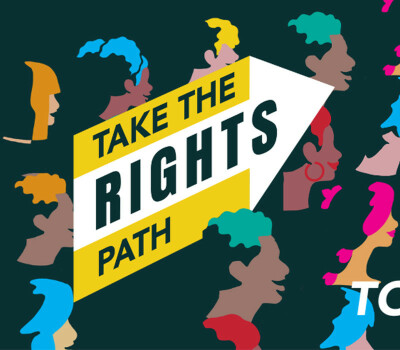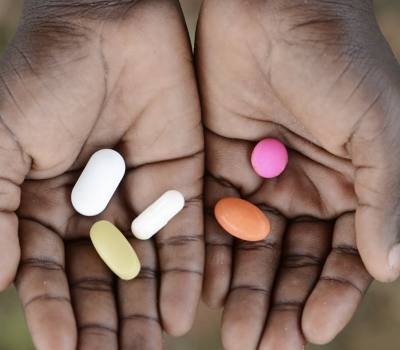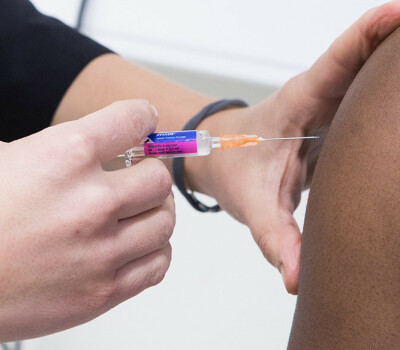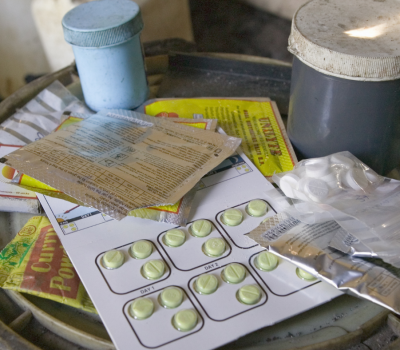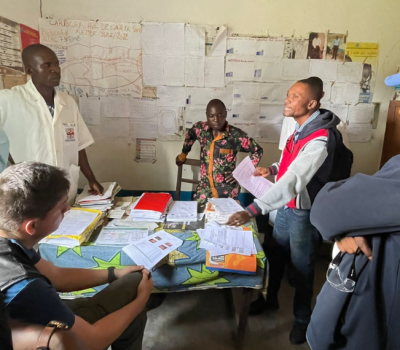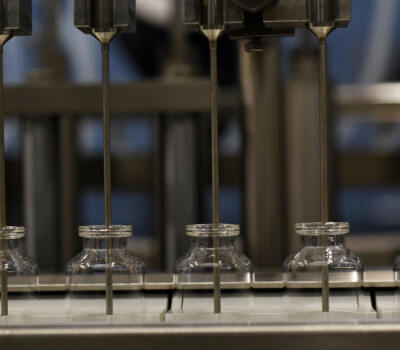Military intervention in Niger only leads to more violence

Western military intervention in the Sahel region would only make things worse, write Willem van de Put and Mohamed Ali Ag Ahmed. The solution must come from the people themselves.
The coup in Niger, the latest in a series of coups that have followed each other at an increasingly rapid pace in the Sahel since 2020, threatens to trigger even more violence. According to Western interpretations, a 'tipping point' has now been reached in the fight against jihadist violence, from Mauritania, Guinea, Mali, Burkina Faso, Chad to Sudan, and international alliances are preparing to intervene: the African Union, ECOWAS, the European Union, the United States and the United Kingdom. The framing is that any coup leads to more instability and 'non-functioning' countries. There are some things to be said about that framing.
States in the Sahel have not been functioning, in the eyes of their people, for a long time to begin with. Most leaders faithfully followed Western politics, and the cessation of that authority relationship, along with the fear that more migrants than resources will come to Europe from now on, is the main reason for military intervention.
The rhetoric about the need to intervene ignores the fact that 20 years of anti-terrorism policies have mostly caused more local conflicts and greatly damaged political and social life. French Foreign Minister Catherine Colonna unintentionally put her finger on the sore spot when she said, "France's only priority is the security of its nationals in Niger. Although she was talking about evacuating French citizens, she was actually saying exactly why French troops are being expelled from Mali, Burkina Faso and Niger. The coup plotters find support from that part of the population that is fed up with Western interventions that, in their eyes, serve mainly self-interest (and are also counterproductive). Since the 'war on terror' began in the Sahel in November 2002, the number of deaths by terror in sub-Saharan Africa has only increased, according to the Global Terrorism Index (November 2022).
Toxic aid
Now that the coup plotters have even enlisted the murderous Wagner group, it is time for reflection: is violence really the best response to violence? It is slowly being understood here and there that violence is both the symptom and cause of the ongoing escalation. Studies seek causal links between massacres and attacks, global warming leading to famine and the loss of public services such as education and healthcare, eroding public confidence in any form of authority. All this either drives people on an often deadly trek to safety in Europe, or into the arms of extremists.
A first attempt at improvement was the so-called 3D approach (defence, diplomacy and, 'development'). This had previously been applied in Iraq and Afghanistan, and more recently in Mali. But in that approach, the emphasis was always on the 'd' of Defence and that always determined the public's perception of such an intervention. Moreover, 'development' meant the old-fashioned form of Western-driven development, which after half a century cannot boast of a very impressive track record either.
With a new strategy, the US government is now focusing on prevention of both conflict and extremism in Haiti, Libya, Mozambique, Papua New Guinea and five countries in the West African coastal region (Benin, Côte d'Ivoire, Ghana, Guinea and Togo). The International Centre for Counter-Terrorism (ICCT) in The Hague also now focuses more on prevention. At the heart of this new approach in both cases is: strengthening civil society.
That sounds almost too simple, and in a way it is. Who will deny that reliable public services and a reliable government are the cement of a stable society? But that is why you cannot always outsource public services like healthcare to outsiders. In many conflict zones, the only providers of healthcare are international aid organisations. That doesn't work. The toxic effects of health policies dictated by Western countries are gradually being understood.
So there is hope, and it can be found in taking that civil society seriously. Aid organisations and military interventionists have always used that civil society to push through their own agenda. It can be done differently.
Healthcare is the most obvious topic to bring people together. Warring factions throughout history have always proved willing to consult-if only to prevent their own children from succumbing to disease. On a smaller, local scale, the same is true. There lies an opportunity to rebuild community spirit, from the bottom up. This should then not be done by outsiders, and certainly not by the military. That is 'tied aid' in the eyes of every villager.
With much fanfare
When local organisations are supported in building their own health services, it provides a particularly solid basis for 'power from below'. We were too easily led to believe that supporting public services in a fragile setting would not be possible. Wherever a military approach was sold as a prerequisite for health or education, it turned out to be wrong.
In Afghanistan, by becoming active themselves, villagers have undermined the power of the Taliban by providing education and health care themselves. In Mali, initiatives have been taken by civil society, including in the Menaka region, where health workers and teachers are supported and protected by local initiatives. This is not to say that people are equal to powerful terrorist movements, but these are examples of civil society resilience that can be built on. People who are supported to develop their own initiatives, rather than implement donor-conceived programmes, prove capable of much.
These signals do not escape the leaders of extreme movements either. Extremists often seem to offer social services, but essentially they do no more than provide access to services that civil society already provides. For that reason, extremists allow aid to local initiative - and that is something very different from tolerance for humanitarian international NGOs, which are sometimes heralded with much pomp and little local insight as the messengers of the international rule of law.
It is therefore good that the Belgian government is not stopping direct development aid to the people of Niger. There is a difference, and a workable one, between supporting the people themselves and supporting an authoritarian or unstable regime. Therein lies the core of a new approach - but then the people themselves must be at the wheel, self-determining how they use aid and organise care.
Willem van de Put is an anthropologist at the Institute of Tropical Medicine Antwerp and Mohamed Ali Ag Ahmed is a Malian doctor, researcher at the Medical Faculty of Bamako.
Spread the word! Share this story on
